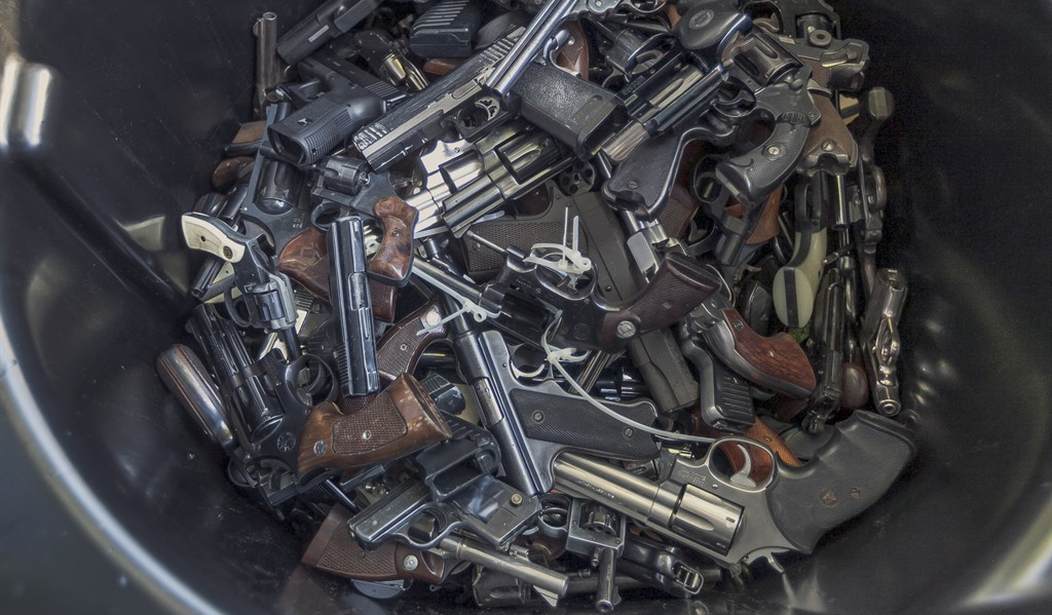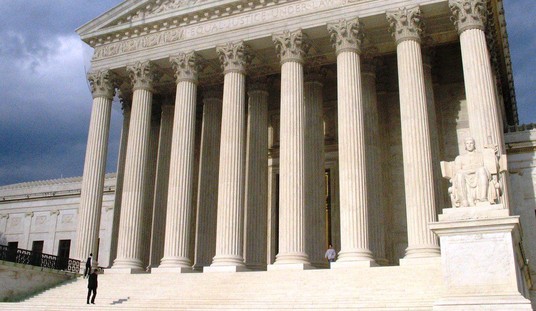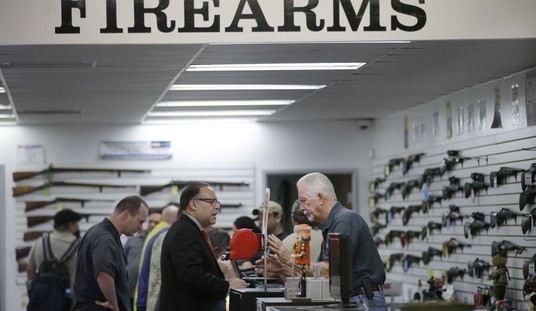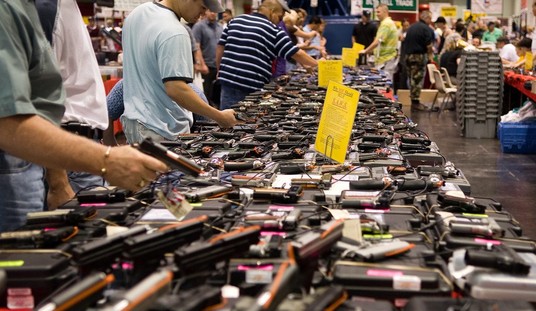Gun buybacks sound plausible enough. You offer people money in exchange for their guns and you get those guns off the streets. If you knew nothing else about guns, crime, or anything like that, it would make perfect sense.
However, the more you know about those topics, the less sense they make.
While people often turn in guns at buybacks, many people game the system. They use them to dispose of non-functional firearms or even dispose of crime guns they don’t want associated with them. Some people have even manufactured fake guns for a few dollars, then took the buyback money and used it to buy a real gun.
However, despite that, the media keeps pushing a narrative that buybacks somehow work.
When it comes to dealing with the national epidemic of gun violence, the usual lament is that “nothing can be done.” Too many guns. Too powerful opponents of gun control. Too little political will.
Then you hear the story of the remarkably successful gun buyback program at a Homewood church, proving that with community support, something can certainly be done.
The Episcopal Church of the Holy Cross tied the buyback program to Martin Luther King Jr. Day, a nod to the late civil rights leader’s call for change through nonviolent action. With a budget of $5,000, church officials hoped to get at least 100 guns off the streets, a goal suggested by police, although even police were skeptical it would be met.
In less than an hour, the budgeted amount was gone as community members brought in dozens of firearms. Another $1,500 in donations was received in the last few hours for additional buybacks. Some turned over guns without even asking for payment.
There’s much ballyhoo in the article about how this was a resounding success, but is it?
Oh, sure, if the goal was simply to exchange money for guns until X number of guns were obtained, then sure. It was an unqualified success.
However, if the goal is something more, something like combatting violence, then the jury is still out on that. Based on historical data, though, it’s not.
You see, buybacks don’t work. Time and time again, we see that well-meaning folks exchange money for guns in a vain hope that it will somehow make their communities safer. However, time and time again, we also see the media pushing that argument without any critical look as to whether they actually work.
Look, I’m of the belief that people should be free to do whatever they want with their money so long as it hurts no one else. That includes churches and charities. I’m not interested in stopping them from spending money in this way.
But historically, we know that buybacks simply don’t work. Not by themselves. The few studies that try to suggest they do also argue that they work in conjunction with other efforts, which raises the question of just how much was the buyback and how much was due to the other efforts.
Yet, by and large, the media ignores it. They ignore the complete and total failure of gun buybacks. The same people who will scour through every study they can find in order to present “evidence” that concealed carry or constitutional carry might not be an unmitigated good can’t bother to look at the studies that show buybacks aren’t effective.
Why?
The truth is, there’s nothing to be gained by lying on this since buybacks are voluntary, so it seems the most likely reason is that they believe it to be true so strongly that they don’t bother to question anything. As a result, buybacks that get X number of guns or more off the streets are deemed successes, even if they don’t actually accomplish anything.








